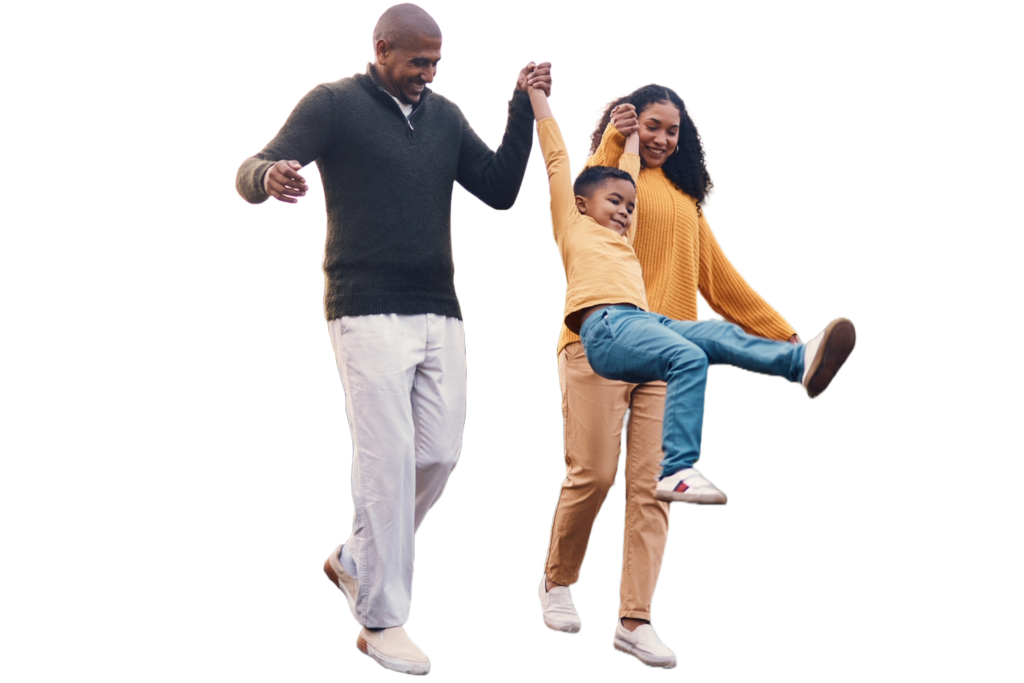
No Referral Necessary. Request an Appointment Today!
We are orthopedic specialists using fundamental, evidence-based manual therapy with a focus on long-term independence and pain-free function.
Every patient is unique, so your treatment should be too. We want you to achieve optimal health, whatever your goals may be.
We are highly trained, motivated, and passionate about what we do. Our team members excel in roles that allow them to express their full potential.
We recently changed bill pay providers. Please click the button for the date of your appointment to be directed to the correct online payment portal.